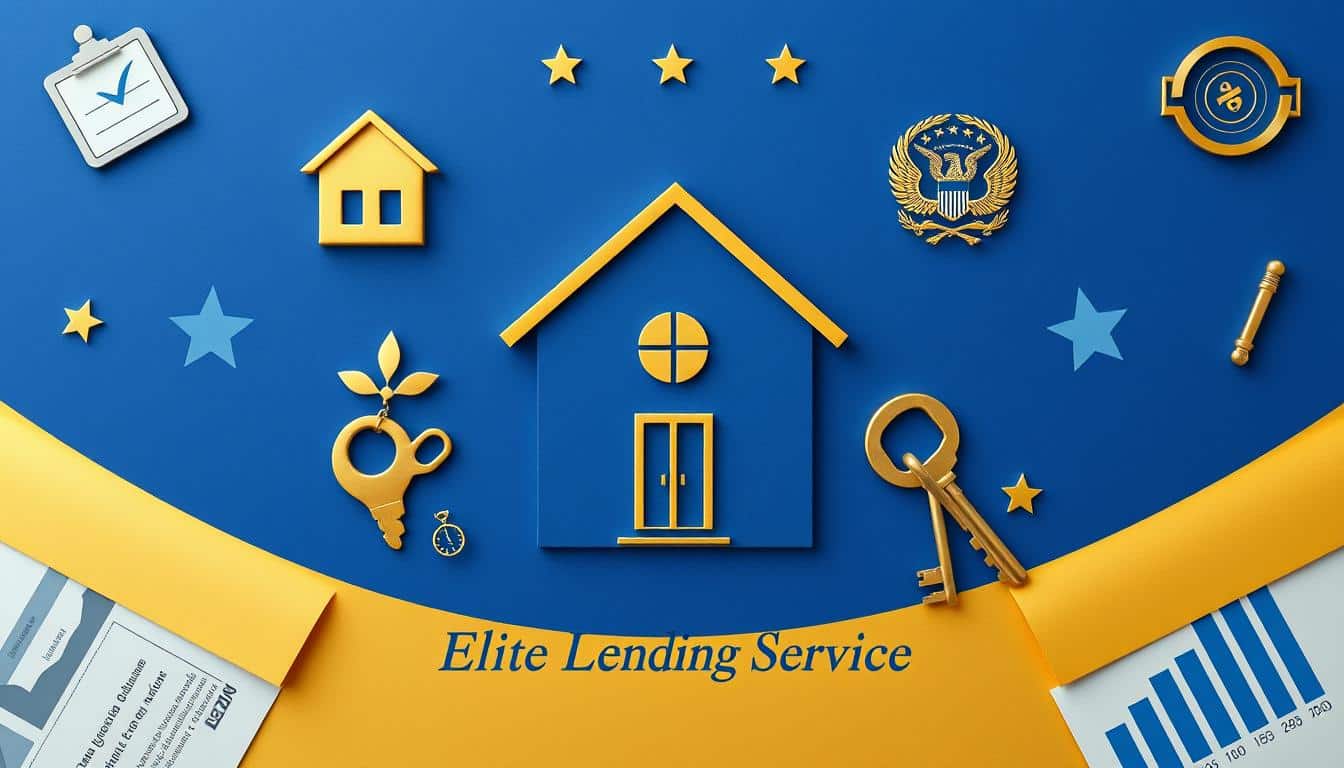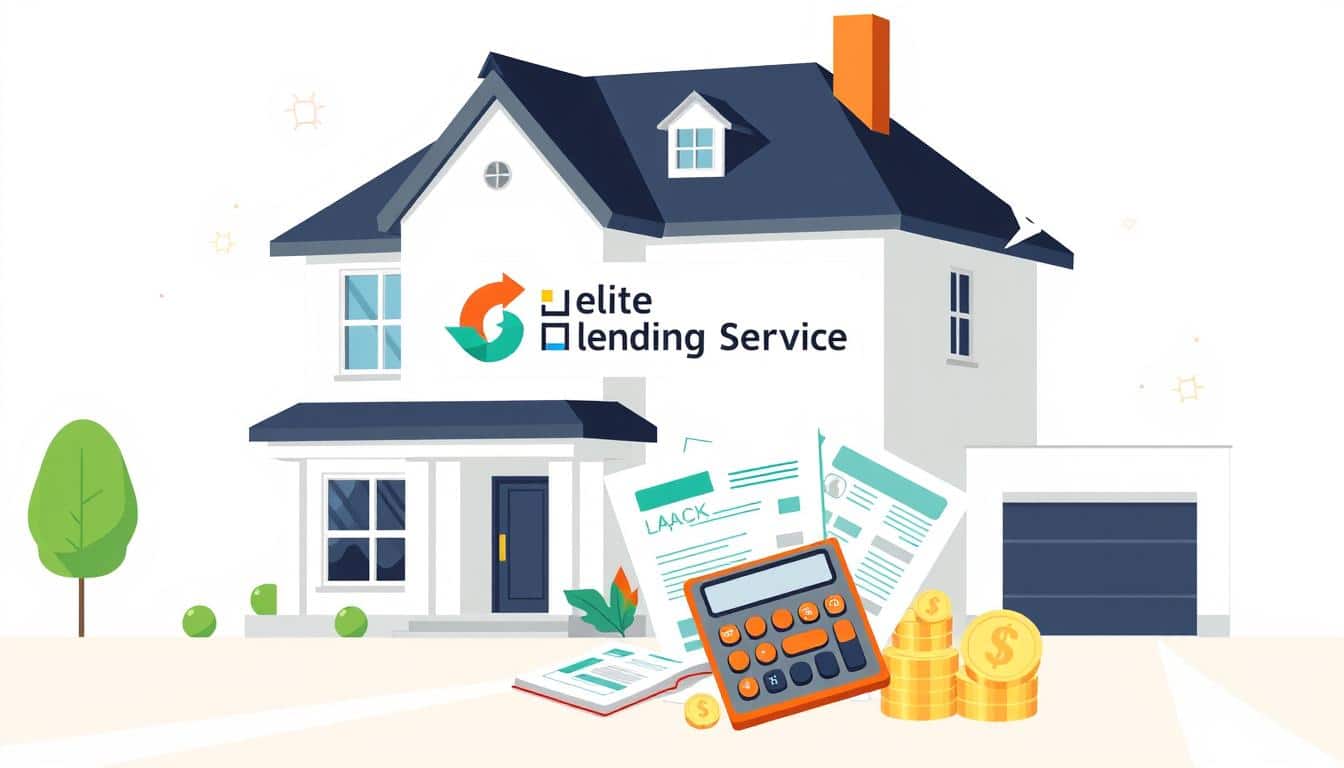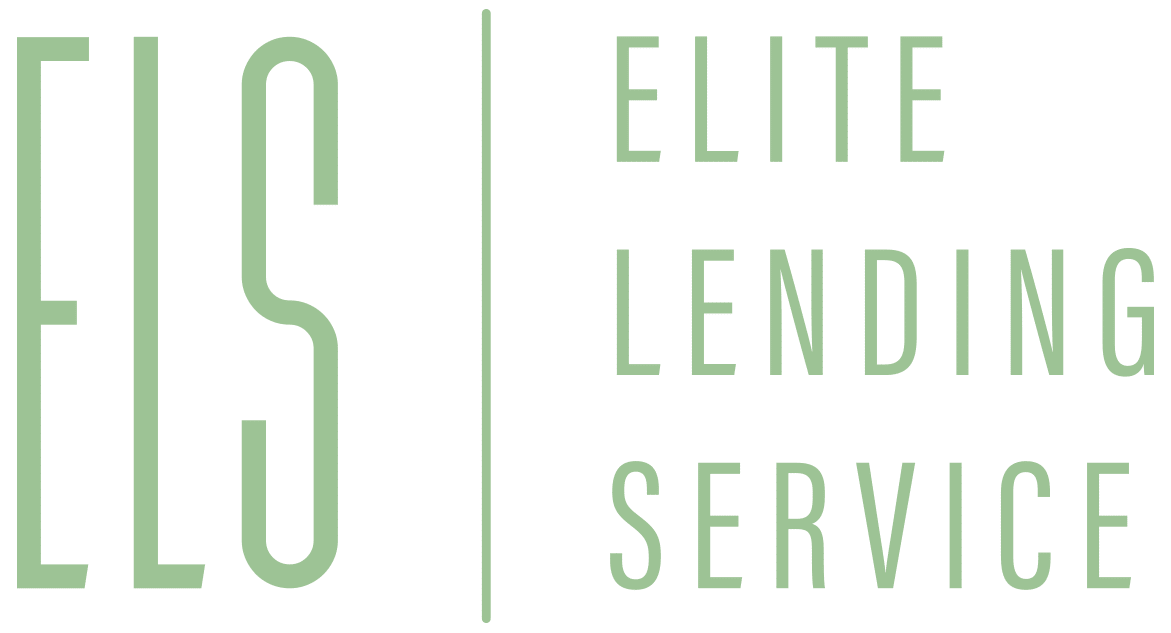Table of Contents
Can I Refinance an FHA Loan? Have you thought about refinancing an FHA loan refinancing to reduce your mortgage payments? Many homeowners save a lot because they understand the FHA refinance rules. Maybe you want to reduce your interest rate or your monthly payments. Or perhaps you want to tap into your equity. Whatever the reason is, the question is, what is the process? And more importantly, is this the right solution for you?
Key Takeaways
- Elite Lending Service Refinancing an FHA loan can lower your interest and monthly payments.
- There are different FHA refinance options available, each with unique advantages and requirements.
- On the equity you have earned in your house, refinancing can help you with.
- Guidelines are crucial to FHA refinance understanding; this makes the right choice clearer.
- Finances differ for every individual and so does every refinance option; this makes thinking things through important
Understanding FHA Loan Refinancing
Homeowners eager for new mortgage deals FHA loan refinancing improves their outlook on their finances.
What is an FHA Loan?
An FHA loan refinancingis one which the Federal Housing Administration backs. It is one of the easier loans as it has less restrictive credit and down payment requirements. It is aimed at streamlining the purchase of a home.

What Are the Benefits of Refinancing FHA Loans?
People refinance their FHA loan refinancing for several worthwhile reasons. Interest rates could be lower, monthly outgoings could be reduced, and the loan could even be switched to fixed rate. And let’s not forget, the equity which the house has built up can also be utilized. The FHA refinance rules, however, need to be examined to check the relevance with the goals set.
A prudent step would be to check the existing mortgage and also set realistic objectives. Current employment such as having a sustainable income with good credit and a clean payment history could work, and a home appraisal also safeguards the property’s value. These correspondences could very well lead to favorable loan conditions.
Different Types Of FHA Loan Refinances
FHA mortgage holders can pick and choose from a range of refinancing options available. Each has their own distinct advantages geared to very specific and almost custom tailored financial needs. All these options available need to be utilized to their utmost potential so as to help homeowners refinance their FHA mortgage.

FHA Simple Refinance
FHA Simple Refinance is an ideal option for borrowers looking for an easy way to refinance an existing loan. Borrowers can refinance to the option of fixed-rate loan, however, there is no option for cash-out. This is also ideal for borrowers looking for lower monthly payments and interest.
FHA Streamline
If you already have an active FHA loan refinancing, the FHA Streamline Refinance is the best option available to you. This is the only option that is relief from monthly payments and lower interest rates. The difference is that there is no need for an appraisal and there is no detailed credit assessment.
FHA Cash-Out Refinance
FHA Cash-Out refinance is an option available to borrowers that need cash and are willing to use their home equity as collateral. It is one of the few options available that allows the borrower to refinance and take out a new mortgage that is larger. However, there are several rules that must be abided to, which include: the borrower needs to have mortgage insurance premium (MIP) and must satisfy certain conditions to be eligible for this option.
FHA Streamline Refinance Process and Benefits
FHA Streamline Refinance is innovative for its unique design created to allow FHA loan refinancing holders the easier process to refinance. In the refinance system, the loan holder is almost entirely relieved from the challenges that accompany the process. To be eligible, you must have made payments for a substantial time and must not have missed any.
Skip the guesswork on refinancing. Refinancing on FHA is narrower–it’s exactly like the quote of a very complex surgical procedure where FHA takes FHA loans. FHA loan refinancing have a known apr range and lenders have set a schedule on the interest rates at which they reloan money. The convenience of lack of service appraisal may be the undoing of a homeowner who is upside down on their home. Lower payments a month and an interest rate that falls like leaves in autumn is something every homeowner cherishes.
Shifting the home refinance on the FHA is a delight. No cash is given against the home. The payments and savings that accrue over the period of the refinance make it a winner in the arsenal of homeowners. The FHA refinancing delights the owners.
The set of distinct features which make owning an FHA streamline refinance so effortless is paired with the closing costs. Lower closing costs do more than employee bank accounts– they allow homeowners in smart stewardship multipliers.
On the whole, the nuts with the most meat in a homeowner’s pocket are the closing costs which is why no stickier question exists. The question is, who gets to reap the rewards without opening the box?
The determination of set refinance payable over time is the contracts which say the primary interest doe not accrue on the same as the balance and offer to refinance. Understanding these key questions benefit the homeowner ultimately to reevaluate their refinancing strategy, has a faster turn around time. The quicker you are down with a mortgage, the lower the interest as you draw the savings of a home on money not sweating.
The uncompounding interest leaves the owner the most in their pocket as the balance comes down. This works to invest each dime on the simplest interest rate as a bonus for every month it’s alight, and not on the first pro-rated interest. The beauty is, no clawed back refinance dangling like a sword.
The ‘Rules of Refinancing based on an FHA Streamlined’ require less paperwork and time. The most basic set of refinance does not allow for cashout. Out of the pocket in less than five years as the payments that accrue are less in the cross payments–all owners at any level of debt. The turn around is quick, no questions asked. The owners simply turn off the savings.
Income Limits and Credit Score
For most FHA refinances, your credit score should be at least 580. FHA refinances and single loans also require you to demonstrate that you have the means to pay for the new refinanced mortgage. A lower Debt to Income ratio (DTI) increases the chances of your approval.
Home Payment History and Home Appraisal
Maintaining a current mortgage payment history is essential for obtaining a FHA mortgage refinance. For FHA mortgage refinances, lenders want to confirm that the borrower has not missed any payments for the past 12 months. The home appraisal is also equally important. It determines the market value of the home which impacts the conditions of the refinance.
LTV Ratio Guidelines for FHA Refinances
LTV Ratio Guidelines for FHA Refinances. The Loan to Value Ratio (LTV) is very crucial for FHA refinances, especially for cash out options. For cash out refinances, the LTV should not be more than 80% of the value of the home. This ensures that you have at least 20% equity in your home, which is a safeguard for both you and the lender.
